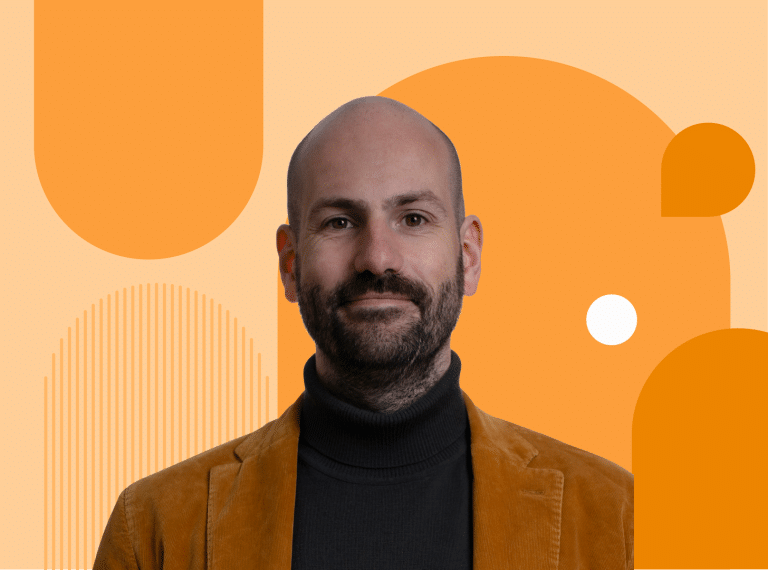The legal industry is experiencing unprecedented change, with regulatory compliance becoming a significant challenge for businesses, governments, and individuals alike. As laws grow in number and complexity, the pressure to navigate these demands has led to the emergence of Norm Engineering (NE) — a transformative approach that could revolutionize how we interact with regulations.
In this first article of a series, Be Informed explores this legal industry trend and its potential, featuring insights from Lydia Meijer, a Senior Investigator at TNO, former professor at the University of Amsterdam, and a leading expert in AI-driven norm engineering. We’ll examine how NE addresses regulatory challenges and how Generative AI enhances its scope.
What is norm engineering?
NE refers to the use of technology to interpret, apply, and enforce norms and regulations. Unlike traditional processes that rely on human expertise, NE automates compliance, translating legal requirements into programmable frameworks. This transformative approach is at the forefront of legal industry trends, minimizing human error, reducing costs, and enhancing efficiency.
For instance, an NE system could verify export compliance by automating checks for restricted goods, trade sanctions, and documentation accuracy, ensuring smooth international trade operations. Lydia Meijer explains:
“Norm engineering is the technical ability to have computer support in interpreting and dealing with norms. Whether ensuring a company meets export requirements or helping someone determine eligibility for social benefits, NE makes regulatory processes more efficient and accessible.”
At its core, NE relies on normative control — ensuring automated decisions align with predefined rules. Meijer highlights its importance:
“We need systems that handle decisions impacting rights, like subsidy approvals. If these decisions are automated, they must be accurate, fair, and consistent.”
Why norm engineering matters?
As one of the emerging legal industry trends, NE addresses the disparity between the exponential growth of regulations and the human capacity to process them. Automated systems lower the cost of compliance, making it accessible to individuals and businesses that might otherwise struggle with complex policies.
“Human capability to deal with laws stays constant — or decreases — as regulations multiply,” Meijer observes. “NE will be the answer.”
Generative AI: transforming NE
While the concept of NE isn’t new, recent advancements in Generative AI have supercharged its potential. Generative AI — technology that creates new content from input — makes translating complex legal frameworks into computable language more scalable than ever before. These AI innovations are reshaping legal industry trends by enabling faster, more accurate regulatory compliance.
Meijer shares a practical example:
“Refrigerators today have chips, making their export subject to numerous laws, especially in the current climate of increased regulation on technology. AI can help determine compliance more efficiently.”
Moreover, AI enables explainable compliance — automating regulatory decisions while offering transparent reasoning. Meijer stresses this as critical:
“It needs to be explainable, and you need to be able to go to a judge if you don’t agree.”











